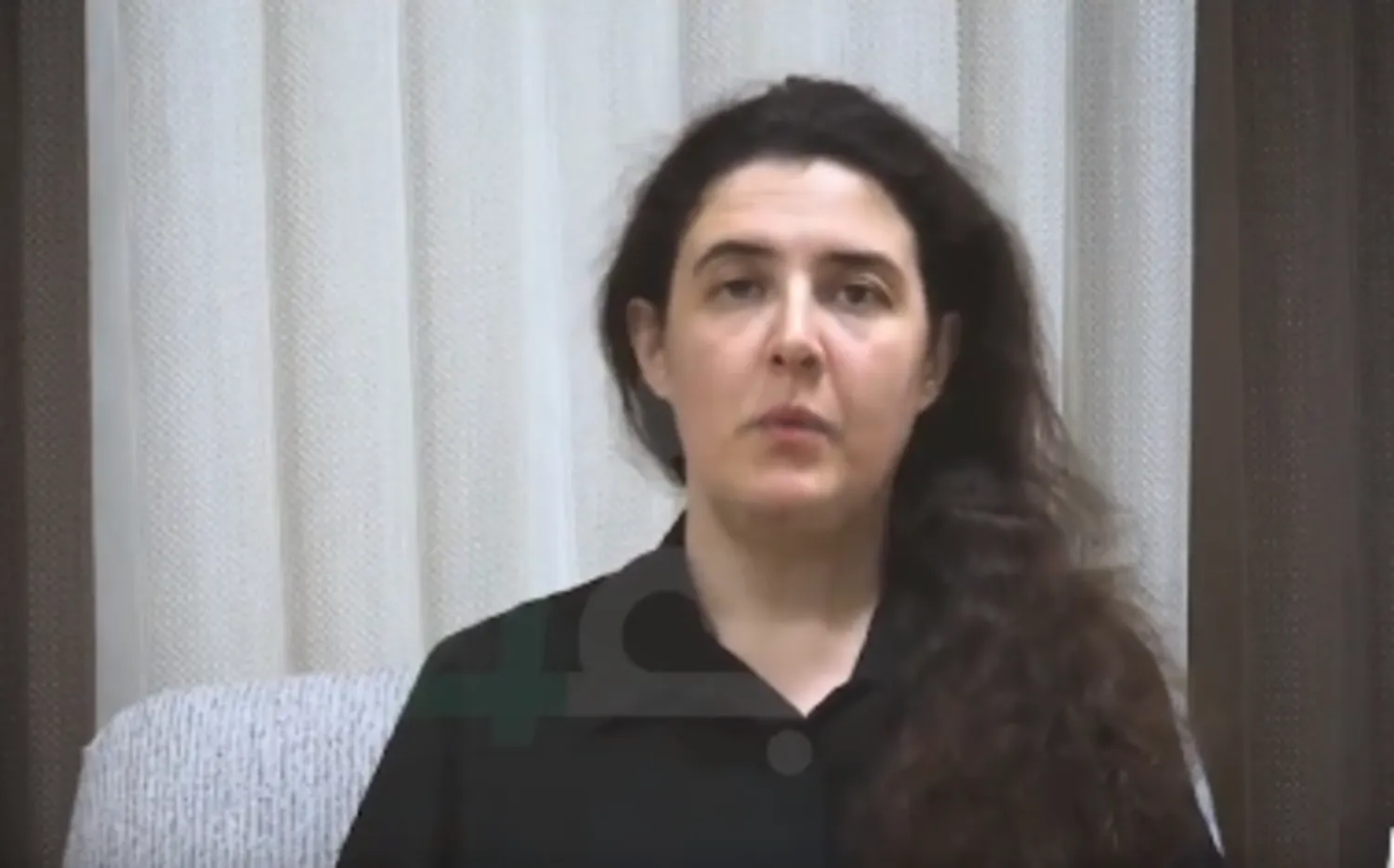An Iraqi network on Monday broadcast a video showing a captive Israeli-Russian academic, the first sign of life from Elizabeth Tsurkov since her abduction in Baghdad nearly nine months ago.
Israeli authorities revealed in July that Tsurkov had been kidnapped, blaming pro-Iranian militants after she had gone missing in Iraq in late March, AFP reported.
Al Rabiaa TV aired a video of Tsurkov, which was also shared on the Telegram channels of pro-Iranian armed groups in Iraq, showing her wearing a black shirt and speaking to the camera in Hebrew over a little more than four minutes.
AFP was unable to independently verify the footage, and it was impossible to determine when and where the video was taken and whether she had been forced to speak.
Neither Tsurkov's family nor Israeli authorities have commented on the video.
Tsurkov mentions in her remarks the war between Israel and Hamas militants in the Gaza Strip, which has been waging since attacks on October 7 by the Palestinian militant group.
She says she has been detained for more than seven months, without identifying her captors or the location where she is held.
A doctoral student at Princeton University and fellow at the New Lines Institute for Strategy and Policy, Tsurkov says in the video she had worked for Israeli and US intelligence agencies in Syria and Iraq.
She also says there were no efforts towards freeing her.
The office of Israeli Prime Minister Benjamin Netanyahu in early July accused Iraq's powerful Kataeb Hezbollah of holding her, but the armed faction has implied it was not involved in her disappearance.
Tsurkov, who had likely entered Iraq on her Russian passport, had travelled to the country as part of her doctoral studies.
Later in July, the Iraqi government said it had launched an investigation concerning her disappearance, but has not announced any findings since.









